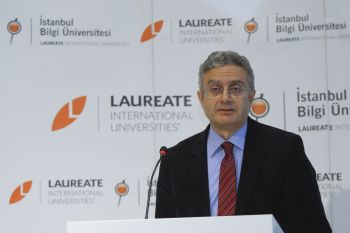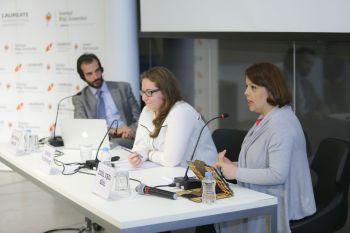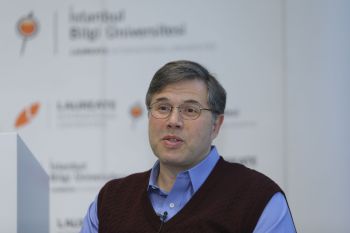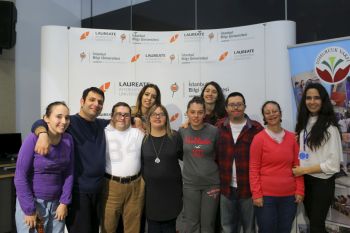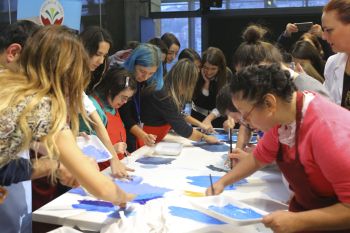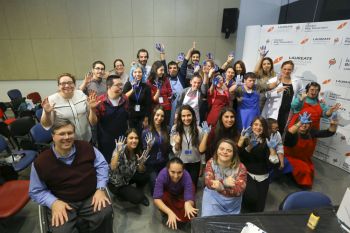"Symposium on the Rights of Persons with Intellectual Disabilities in Turkey in light of the United Nations Convention on the Rights of Persons with Disabilities" is organized at BİLGİ!
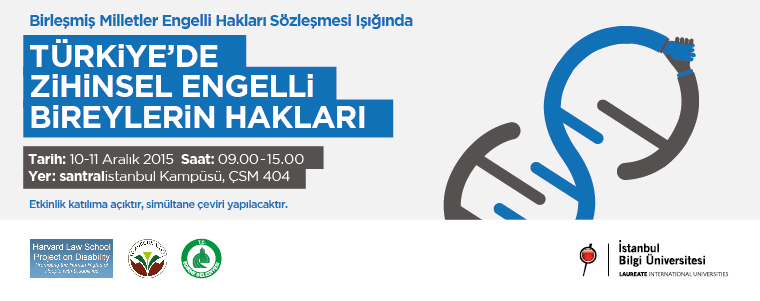
İstanbul Bilgi University hosted the Symposium titled "Rights of Persons with Intellectual Disabilities in Turkey in light of the United Nations Convention on the Rights of Persons with Disabilities" which was co-organized with Harvard University Law School and Tomurcuk Education, Culture and Solidarity Foundation, on 10-11 December 2015 in BİLGİ santralistanbul Campus.
In his opening speech Professor Turgut Tarhanli (Director of the Human Rights Law Research Center at Istanbul Bilgi University) emphasized that the United Nations Convention on the Rights of Persons with Disabilities (UNCRPD) recognizes the dignity and the autonomy of persons with disabilities and that is tantamount to having full control over their lives and the freedom to decide for themselves.
In her presentation on the legal capacity of persons with disabilities, Advocate Cansu Korkmaz reviewed the relevant articles of the Turkish Civil Code and explained how these provisions prevent persons with intellectual disabilities from enjoying their rights.
Speaking about the legal capacity of persons with intellectual disabilities and political participation, Asst. Prof. Dr. İdil Işıl Gül (Faculty of Law at Istanbul Bilgi University) reflected on how guardianship is viewed in Turkey and emphasized that this is an area where concerns for protection lead non-governmental organizations and families to ask for more limitations, instead of campaigning for full enjoyments of rights and freedoms.
The Coordinator of the Harvard Law School Project on Disability, Professor Michael A. Stein's emphasis was on participation. Professor Stein mentioned that in comparison with other groups, persons with intellectual disabilities have limited opportunities to make their claims heard. He said that respect for human rights requires reasonable accommodations to be made, so that persons with disabilities participate in all decision making processes.
Education, rehabilitation and independent living were other topics discussed in details in this two-day Symposium.

